|
Getting your Trinity Audio player ready...
|

New Zealand’s Defence Minister has always told it straight with dignity, intelligence, reasoned argument and professionalism that reflects her distinguished legal experience and strong sense of fair play. Okay, so she crushed a few cars, and many agreed with her that the punishment of impounding the boy-racer vehicles fit the criminal nuisance. There are residents in Levin recently celebrating that result.
PJ TAYLOR asks the Attorney-General and Papakura MP of 23 years, and the Minister of Defence, Digitising Government, GCSB, NZSIS, Public Service, and Space (!), a range of questions across her portfolios with the people in the neighbourhoods in mind.
The Mill Road transport project is finally getting its go, ultimately leading to Aucklanders having an alternative arterial to State Highway One in the region’s south-east. How do you feel about its advancement?
It was 2017 we announced we were going to do this. Then there was a change of government and it got cancelled. Seeing it getting ready to start next year on stage one is going to add so much to the area. Constituents are going to have a four-lane corridor, and creating a westbound bus lane at the northern end is going to help massively, and particularly in areas where they’ve got lots of new housing, such as Ardmore, Drury and Drury South. That’s going to be like a whole new Hamilton in there in the next several years. It’s utterly crucial. It gives people another way through. Giving people options is just great. As you know, when that motorway [SH1] is blocked, it’s just dynamite and unsafe.
Coming from an everyday Kiwi’s point of view, learning about China sailing its navy on combat mode in the Tasman Sea firing live rounds – yes, in international waters, but very close to its “friends” New Zealand and Australia, a very clear message was sent and received – a show of force. As Defence Minister, what was our response to China?
Working with Australia, we took the lead of the first part of it, and the Australians the second. We showed we were able to monitor what was happening there. The Task Group – it was the first time we’ve seen them in this part of the world. It was acting in accordance with the United Nations. They didn’t break the rules. I think the biggest concern for many people was the live firing exercises in the Tasman. And the fact that, I think there were 39 civilian passenger flights needed to be diverted with little or no notice.
Normally, if there is live firing like that, you’re wanting to give a lot of notice, a few days’ notice, or something. Hours is not necessarily optimum. It’s a reminder to New Zealanders we cannot hide down in this end of the world hoping no one knows we’re here. We’re right in front of Antarctica. It was a message to New Zealanders and Australians that the Chinese Task Group is capable of coming down this way. It was a very capable task force because it had massive firepower.
There are lots of wars and tensions in the world. We could view it as an unstable time. New Zealand’s Defence budget is increasing in response, to where a lot of people were calling for, at least 2 per cent value of GDP. Where do you want that extra money spent? And what do you want the NZ Defence Force’s focus on into the future?
From about 1990, with the fall of the Berlin Wall, like other liberal democracies, New Zealand decided it didn’t need to spend as much on defence. Defence budgets were essentially falling as a percentage of GDP for around 35 years. There were a few years when Ron Mark was Minister of Defence, they were able to get some extra funding to buy the [RNZ Navy vessel] Aotearoa, the big spy ship we’ve got that’s really useful. And we got the new Hercules and P-8A Poseidon [RNZ Air Force aircraft]. When I came in as Minister, we decided to grow.
We’ve just announced the new maritime helicopters. That’s already been talked about by the people who want to supply them. We’ve got the money set aside, $2 billion, which includes buying them and four years of operation including crew, training and everything else. We’ve also been out looking for replacements for the Boeing 757s, the ones that have occasionally left the Prime Minister and trade delegations somewhat stranded despite the excellent work of our maintenance people who make the old aircraft work, day in, day out.
But every now and then there is a problem, so they’re being replaced. And they’re not just used for the Prime Minister and delegations. Their work is taking our Defence people to locations for their work. We’ve got new communications equipment, new un-crewed vehicles that our Defence people are now looking at suppliers offshore and in New Zealand, because there’s some very good capability here that’s been working in Ukraine, for instance.
It’s very important we try and build our economic base and Defence industry as well. We’re moving up to 2 per cent of GDP in 2032-2033, and every two years we have a commitment to check in to see if we can go faster. We’re also increasing the personnel. We’ve stemmed the flow of people leaving the Defence Force, so our attrition rate is very good. We’re making progress and we’re going to make more.

How are the relationships with our friendly neighbour nations in the Pacific Rim?
We’re part of the South Pacific Defence Ministers’ meetings we have once a year, so you’re looking at people like Australia, who is our only formal ally and very closest friend, Fiji, France, Papua New Guinea, Tonga, and Chile, and we have very close relationships with Canada, the United States and Malaysia, Singapore, and Philippines now. And I should mention Japan and the Republic of Korea. We’re really trying to up our game with more engagements, doing more things together, more training. Those sorts of things.
We’re focused as much as possible to be inter-operable with Australia. There are always things that they’re going to have that we don’t. The odd thing we have got that they don’t have, the [fuel] tanks of the Aotearoa are valued and have helped out the Australians as well. We’re doing what we can and at the same time we’ve got a very positive attitude towards Defence.
You’re also the Minister for the nation’s spy services. There have been political leadership changes recently in some of the countries that are our traditional allies, but the bureaucrats and intelligence personnel do the work. How are those international relationships?
The strongest relationship is with the Five Eyes intelligence partners, and we’ve got good relationships with the Pacific and elsewhere as well. The flow of information is very much both ways and continuing. Our people in the intelligence agencies are extremely well respected by our sister and brother agencies. We’re immensely fortunate to be a member of Five Eyes. Otherwise, we would not have the capability to deal with the almost constant cyber-attacks or to deal with terrorism threats. Stuff that people will never know about as they’ve already dealt with it.
What does the Minister of Space do?
We want to take advantage of our [geographic] position in the world and with no near neighbours we can do lots of launches, one after another. And we don’t have to worry about too many flyovers because there’s hardly many planes that fly over this part of the Pacific. What we have is a sector that has grown massively. It’s now worth $2.47b to the economy, the space and advanced aviation sector.
It’s a very highly paid sector and very hi-tech – engineering, software, physics, all these sorts of things. And we were third in the world last year for verifiable vertical rocket launches into space, after – I like to say this to my Australian counterparts – we’re part of the big three – the US, China, and then New Zealand. Obviously, we’re a long way behind China but we beat Russia and that’s pretty good.

Behaviour issues in the Parliament precinct have been highlighted over the past decade. As a long-serving MP, have you seen improvement in that culture?
The vast majority of Members of Parliament respect the rules. And the vast majority of MPs are civil with each other. There are robust debates and then you go out and say “hello, how are you?” I just feel we’ve seen a deterioration in some behaviour in Parliament that’s very unfortunate. I’m the chair of the Privileges Committee and we’ve had to deal with a situation in the last six months which should never have arisen if people followed the rules. I follow the rules. I’ve been a MP for 23 years. I’ve never been thrown out of Parliament, never been sent to Privileges Committee. I’m not alone in that. Most MPs are the same. You know what the rules are. Behave. What you do is not have a little tantrum.
One should never mention a woman’s age, but you’re in the retirement zone. You’ve done just about everything in politics, apart from being Prime Minister. Are you still keen to carry on?
Retirement is something that often precedes people dying. And I’ve got no intention of dying any time soon. My family doesn’t stop working. My eldest brother is in his 80s and he’s still teaching most days a week. It’s just something we do. I really love my work and it’s incredibly interesting. I’m busier than I’ve ever been. Seven portfolios as a Minister. And I love being the electorate MP for Papakura. I’ve been elected for eight terms in a row and I’m very grateful for the respect and the votes they’ve given me.
You’re an Aucklander and over the time you’ve been an MP in the region, and as residents and businesses experience daily, it has become a frustrating place to live in many ways because of growth. What would you like to see improved in the so-called super-city?
One of the broken promises of the super-city was we lost the ability for property developers and others to be able to go and essentially decide whether they did a deal with Manukau City to get something done, or Waitakere, or Auckland. We’ve ended up with one big monolithic behemoth that’s driving people like me and lots of others completely bonkers when it comes to planning and everything else. There’s no competition now. There’s been some good things happening and better ones in roading coming, but what we’ve seen is more bureaucracy not less, rates have gone up not down, and I know there’s still a lot more work to go. I know my colleague Simon Watts, Minister for Local Government, and before that Simeon Brown, were working on how do we free up things? There is hope. I’d like to see Auckland Council very much focused on their absolute main jobs.


